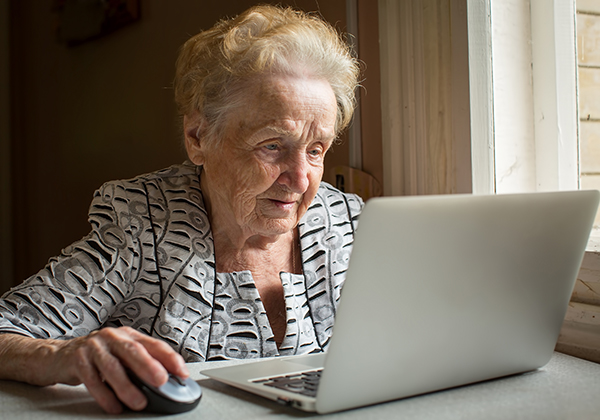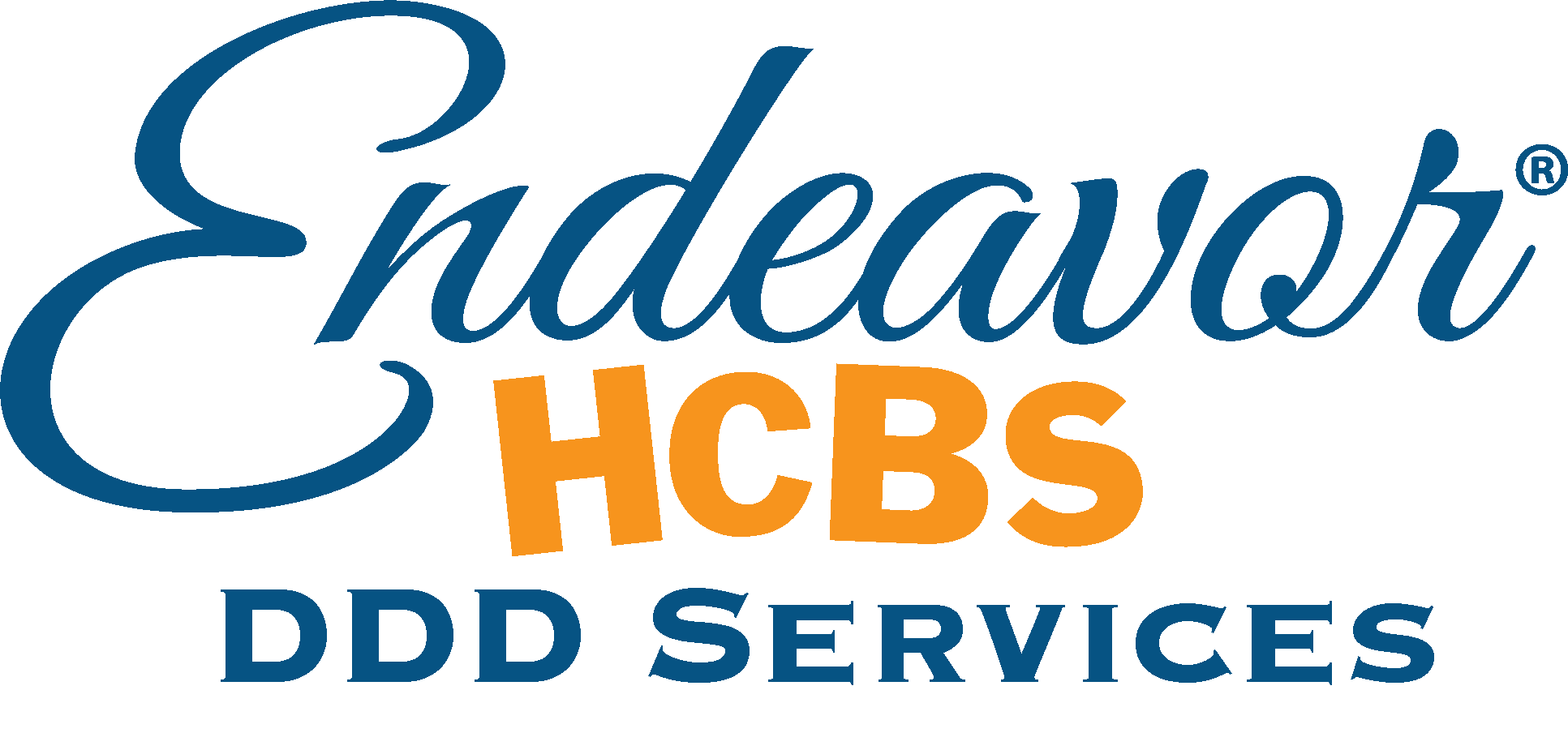
The online world supplies us with quick responses to almost any question we are able to imagine, learning opportunities beyond what we could have thought of a generation previously, socialization enhancement, a nd much more. Among the most enjoyable online innovations for those who are in the senior care profession has been brain training programs – computer games for seniors like memory games and puzzles promote improved cognitive functioning. But how well do they actually do the job?
nd much more. Among the most enjoyable online innovations for those who are in the senior care profession has been brain training programs – computer games for seniors like memory games and puzzles promote improved cognitive functioning. But how well do they actually do the job?
AARP has been recently researching just that, sharing results in an interesting report, Engage Your Brain. Although further research is recommended to better understand the long-term impact of mind-stimulating activities, what we do know is that neuron connections can be reinforced through learning, resulting in the brain’s power to transform structure, function, and also chemistry, a concept referred to as brain plasticity. And this ability stays in place as the mind ages.
In one particular study, the Advanced Cognitive Training for Independent and Vital Elderly (ACTIVE), seniors’ cognitive functioning as well as memory exhibited an astounding change for the better of close to 63% when working with Internet-based cognitive training programs. On top of that, senior citizens who participated in the study demonstrated a 48% less chance of causing auto accidents, and could more proficiently handle such day-to-day tasks as money management, taking medications, and more.
Dr. Michael Merzenich, co-founder of Posit Science (creators of the Brain HQ program), has run a number of clinical studies to better determine the end results of some online brain strengthening programs, particularly, whether cognitive decline can be lessened or slowed down. Final results suggested a marked improvement in memory, with participants’ memory recall equal to individuals 10 years their junior. In contrast, exercises like crossword puzzles didn’t demonstrate an influence on cognitive decline, with seniors who regularly engage in crossword puzzles still trailing young people in their particular degree of performance. However, in comparison with other seniors who didn’t work on crossword puzzles, functioning does appear to be a little enhanced. Dr. Merzenich explains it as, “Crossword puzzles might improve your cognitive function, but it’s equally likely that having good cognitive function encourages you to do crossword puzzles.” Dr. Merzenich discusses his studies in more depth in this TED Talk.
It is important for consumers to adequately investigate online training programs that promise to improve a senior’s memory or cognitive performance level, since there have been a few companies recently who’ve been shown to falsely advertise these types of promises.
Endeavor Home Care supplies opportunities for aging adults to maximize cognitive functioning through mentally challenging games, reminiscing, socialization, plus much more. Contact us for in home suggestions and to learn more about our San Diego home care services.


